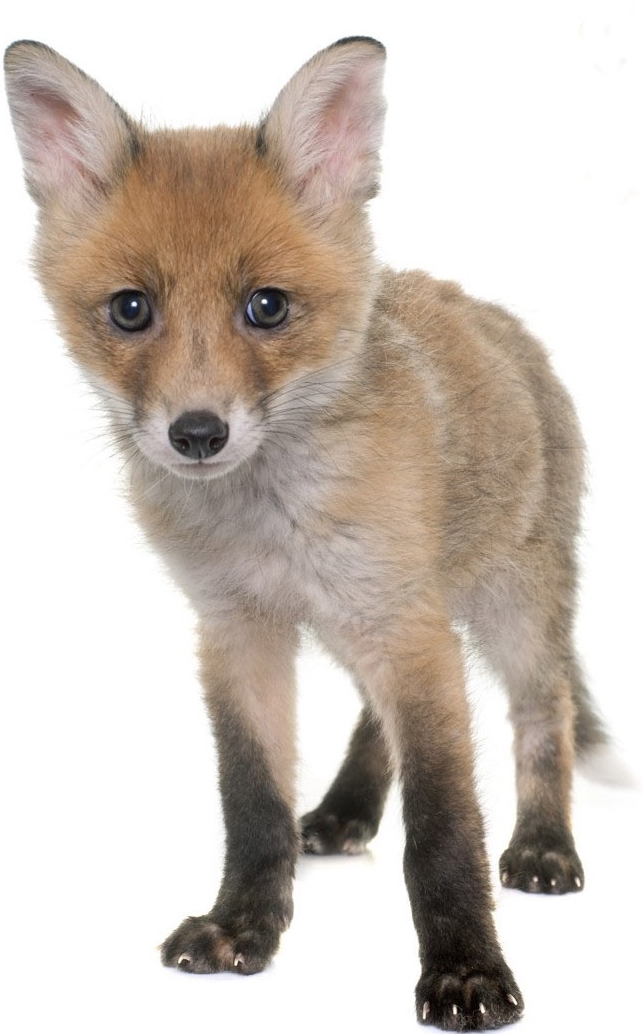Manifesto
Programmatic Manifesto of Ong ADDA.
Ideology with which our members and supporters must agree before engaging with us:
Those who wish to collaborate with the Association, or be part of it, should be aware that the purpose of ADDA is to achieve ethical, social and legal guarantees, respect for animal integrity, welfare and rights, promoting good treatment of humans to every living being as part of nature.
Animals, like us, are sentient beings, able to feel pain and cruelty, with the difference that they cannot express their feelings, or denounce the injustice to which they are often victim. All those who possess the faculty of discernment and know the bondage of pain have a moral duty to fight non-violently to eradicate cruelty from society.
The natural environment does not belong to human beings alone and other creatures do not exist to satisfy our whims. Human beings are just one of many species that forms an integral part of the ecological network. Coexistence, peace and development require us to have respect for all living beings from whom we have benefitted for our own development and who have contributed to our progress.
ADDA does not practice protectionism by collecting animal victims of neglect or maintaining shelters. ADDA recognizes that for this purpose there are animal protection societies and associations which have shelters and are making a commendable effort, under the no-kill ethos.
ADDA disapproves and denounces any harmful or degrading action to animals to which humankind and society in general practice or consent.
Based upon these related ideas and feelings and acknowledging the debt that society has toward animals and nature, ADDA was founded in 1976, as an entity designed to serve as spokesperson and promoter of social awareness and to act on behalf of animals with the objective of releasing them from unfair and unnecessary suffering.
Therefore, ADDA is opposed to:
Bullfighting and all cruel festivals in which animals are involved.
The intensive breeding of animals for human consumption which involves cruel practices such as: artificial insemination, forced fattening, degrading conditions, the demeaning and cruel transport of animals to slaughterhouses, genetic manipulation and everything that degrades the animal and distances it from its natural biological behavior. We call for a death that is as humane as possible, with prior stunning.
The capture of wild animals for their fur and for breeding centers.
Traffic of animals, regardless of whether they are a protected or endangered species. Trafficking has the effect of impoverishing the natural habitats of all the animals and acting to the detriment of the natural resources of countries they live in. Most of these countries are in a precarious economic situation and although we recognize that they need financial support from the richer countries, we reject the so-called "sustainable economy arguments" such as hunting or controlled exploitation of a species.
The keeping of exotic animals as pets. Regardless of whether or not they are born in captivity, or whether it is mere whim or fashion, these animals are subjected to a lasting immobility and stress in an urban environment which is antipathetic to their biological characteristics.
The uncontrolled breeding of pets, which only serves to encourage later abandonment.
The killing of pets in public kennels or in so called "protective" private shelters, unless they are a risk of disease transmission, or they cannot recover from accidents or incurable illness.
Animal testing, nowadays unnecessary and cruel.
Hunting considered as a sport: poaching and killing of animals to trade with parts of their bodies and the methods used for eliminating other species to favor the abundance of the so-called hunting species
Circuses in which animals are kept in distressing situations, the methods used in their training and dressage and the hardship they have to live with every day.
Zoos and safari parks considered as animal collections, whatever the conditions, dimensions and characteristics of the facilities; the visits of school groups to these centers that contribute from childhood to the sight of, and idea of, animals in captivity and subordinate to humans.
Genetic manipulation in any form, most especially those conducive to the creation of new beings with characteristics that humiliate and denigrate the morphology of each species for speculative or scientific ends.
Scenes of cruelty to animals in television, film, video, Internet and the advocacy of these scenes, and the appearance of animals in advertising in ways that denigrate them.
ADDA is in favor of:
Adoption of abandoned pets to suitable owners through shelters and kennels in a responsible manner, including identification and sterilization of the animal and vetting of prospective adopters.
The protection of endangered species, including protection of their quality of life.
The right to a quick and painless death where required to avoid any previous stressful situation.
The observation of wild animals in their natural habitats where they are protected by large reserves, under controlled conditions to cause minimal disturbance and ecological impact. This will contribute to the country's economic resources and maintain the species and habitats.
The establishment of not for profit sanctuaries, which shelter abandoned exotic or wild animals and ensure that they do not reproduce.
The existence of zoological settlements where native or wild species with a precarious population, can be kept.
Support any cultural, educational and training program leading to more and better predisposition towards the respect and love for nature in general and especially when these programs are addressed to children.
(Text revised July 2002)




